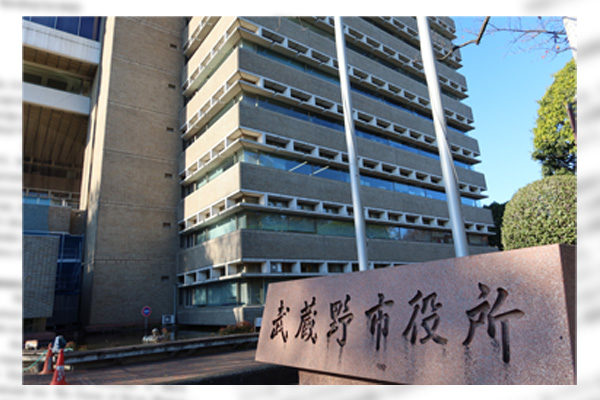The suburban Tokyo city of Musashino is about to enact a local referendum ordinance that admits voting rights for foreigners. This is an ordinance for suffrage for foreigners in the name of local referendum voting rights, seemingly running counter to the constitution.
Suffrage is Japanese nationals’ inalienable right
Musashino Mayor Reiko Matsushita, who has been reelected with support from the opposition Constitutional Democratic Party, the Japanese Communist Party and others, has taken initiative in submitting draft referendum ordinance indifferent to the opinions of the public, paving the way for the municipal assembly to vote on the proposal on December 21.
Article 19 of the city’s basic ordinance, put into effect in 2020, stipulates that the mayor must implement a referendum on an important municipal matter as requested by a certain number of residents aged 18 or more and that the municipal government should respect the referendum results.
Article 5 of the draft referendum ordinance says settled foreigners are included in the residents as described in the basic ordinance, clarifying that foreign students and technical intern trainees as well as permanent resident aliens may exercise their voting rights in local referenda. The referendum voting rights for foreigners amount to their local suffrage. The Legislative Bureau of the House of Representatives has judged that local referendum voting rights for foreigners could be equal to local suffrage depending on the referendum content, according to the Sankei Shimbun newspaper on December 3. Therefore, the draft ordinance can be strongly suspected of being unconstitutional, and that very dangerous.
Article 15 of the constitution stipulates “The [Japanese] people have the inalienable right” to choose public officials. Even local suffrage cannot be given to foreigners (as discussed in my book titled “Qs&As on Suffrage for Foreigners: Even Local Suffrage Is Unconstitutional”). Therefore, local referendum voting rights as part of suffrage can be granted only to Japanese nationals, meaning that the proposed ordinance runs counter to the constitution.
Nationality cannot be separated from allegiance to state
Supporters of voting rights for foreigners might have failed to understand the significance of nationality that cannot be separated from the people’s allegiance to the state.
Local government operations include not only non-authoritative services but also police practices with the exercise of public authority and other operations that have direct impacts on state affairs.
In local municipalities that host bases of the Japanese Self-Defense Forces and U.S. forces or nuclear power plants, for instance, the results of local referenda including foreign residents may exert unignorable impacts on state affairs as well as local affairs. We do not know what kind of matters may arise for local referenda in Musashino in the future. Is it still advisable to grant local referendum voting rights as part of suffrage to foreign residents who have no responsibility for the fate of Japan but have pledged allegiance to their respective mother countries?
Local referendum results are not legally binding but must be respected by the Musashino municipal government. Therefore, the Musashino mayor should promptly withdraw the proposed local referendum ordinance that could hurt Japan’s national interests and possibly bring about grave dangers.
Akira Momochi is a director of the Japan Institute for National Fundamentals and a special professor at Kokushikan University.


